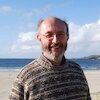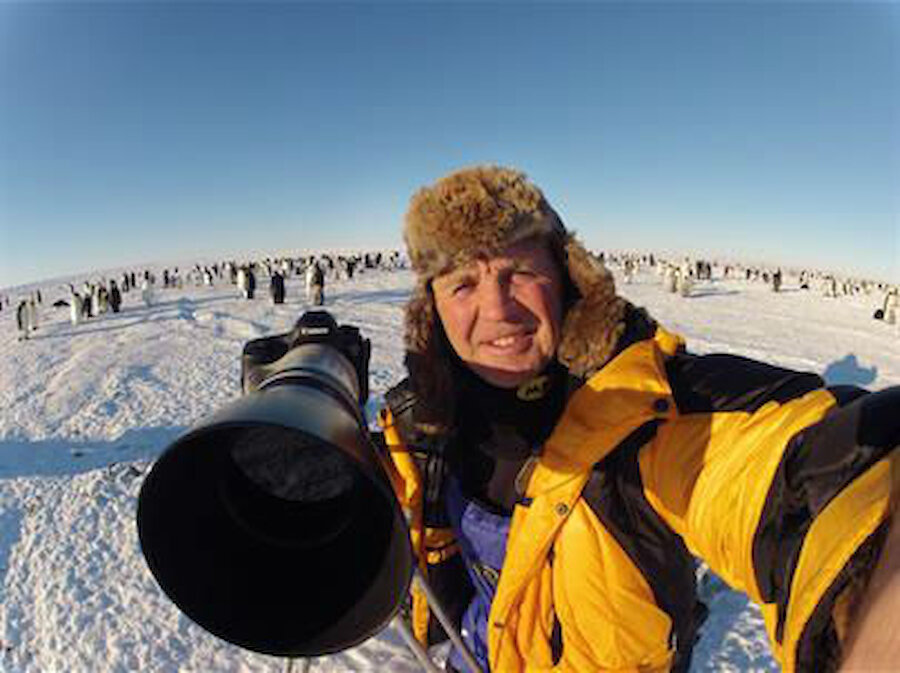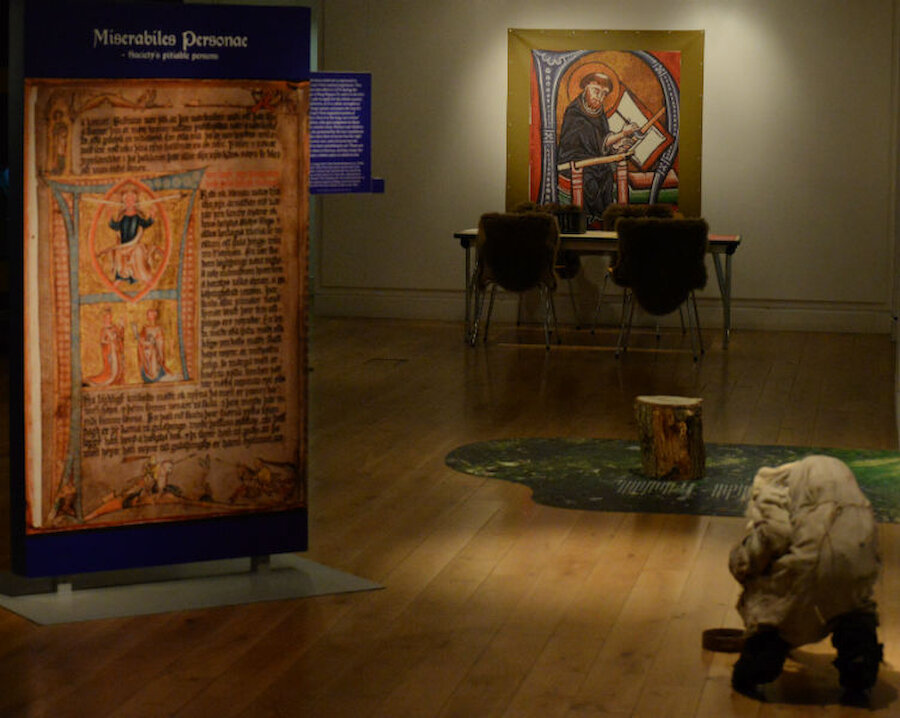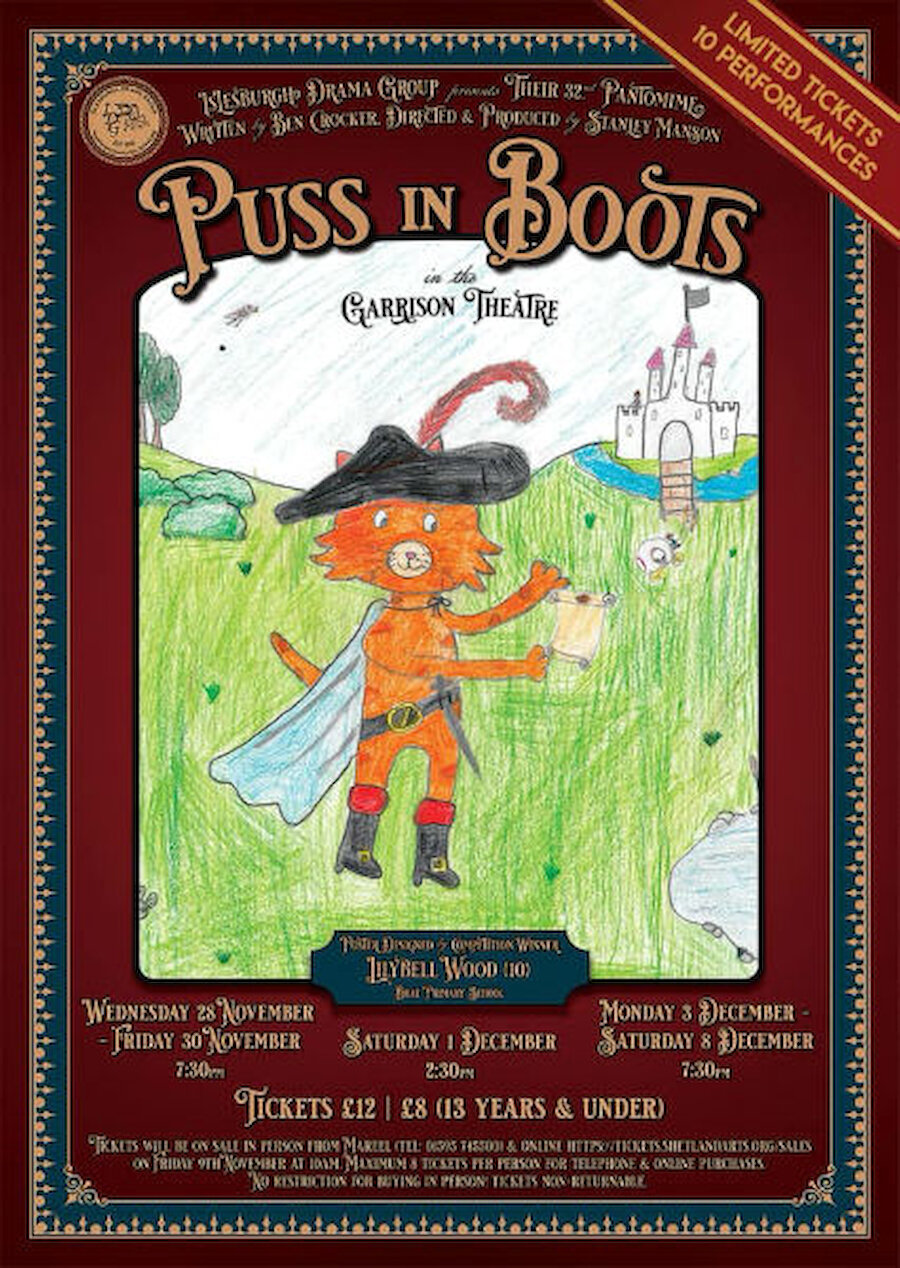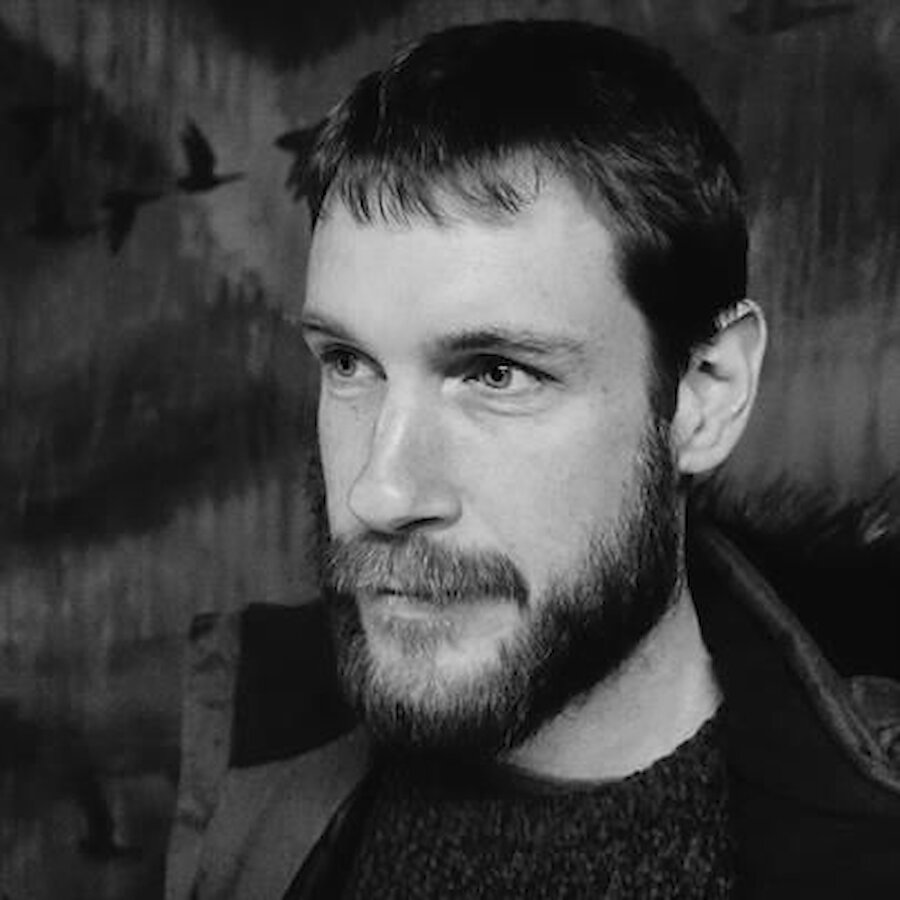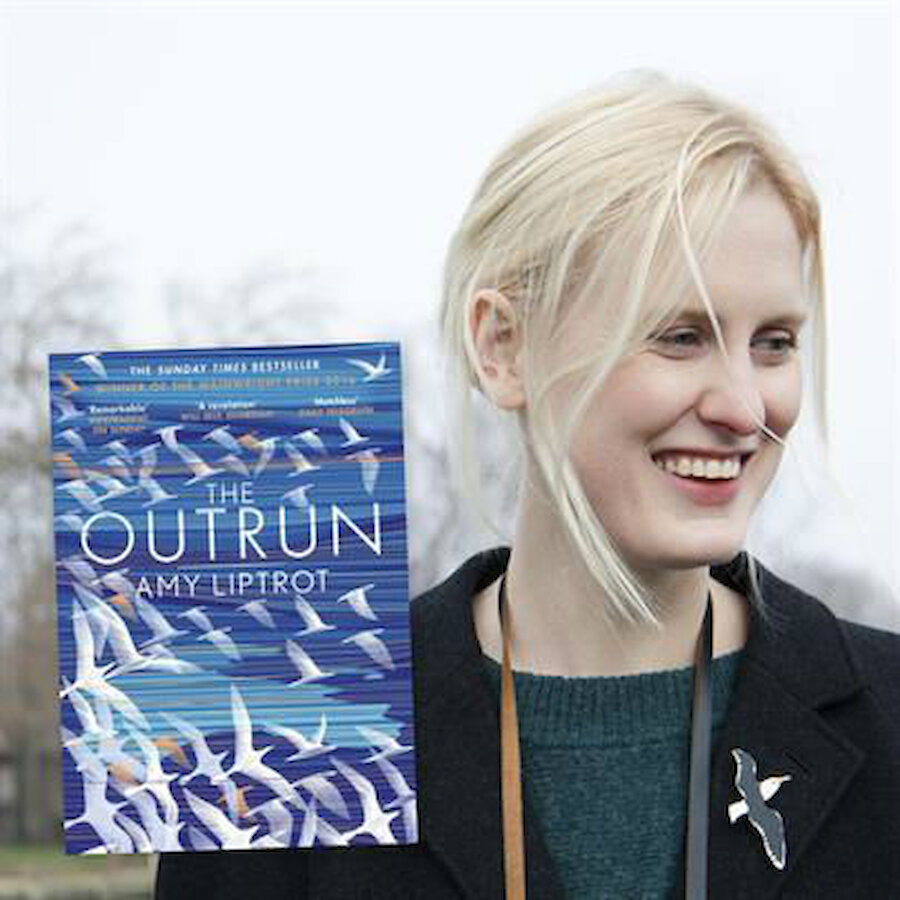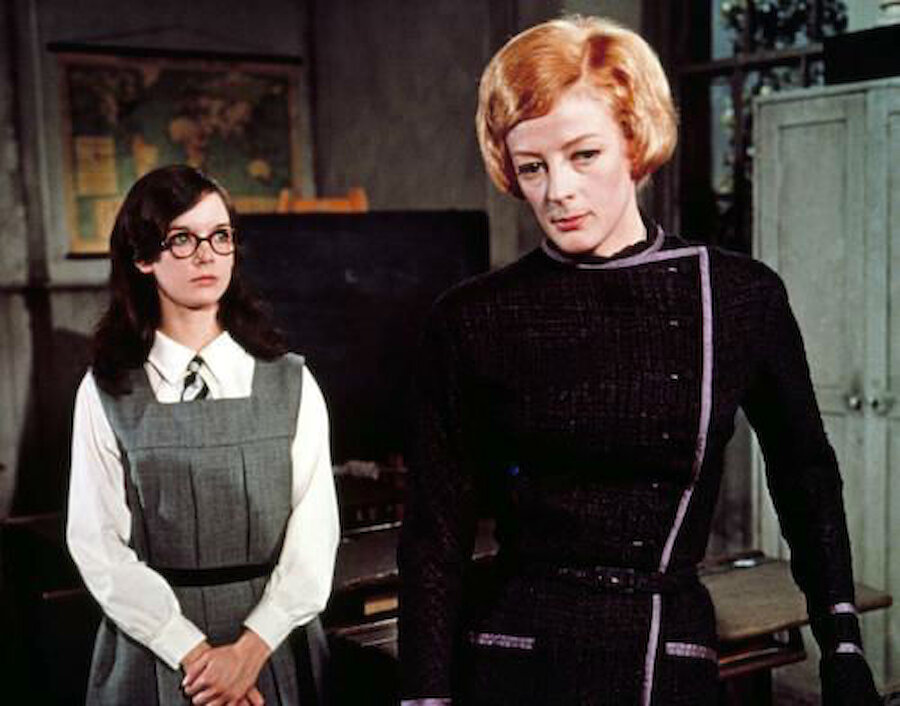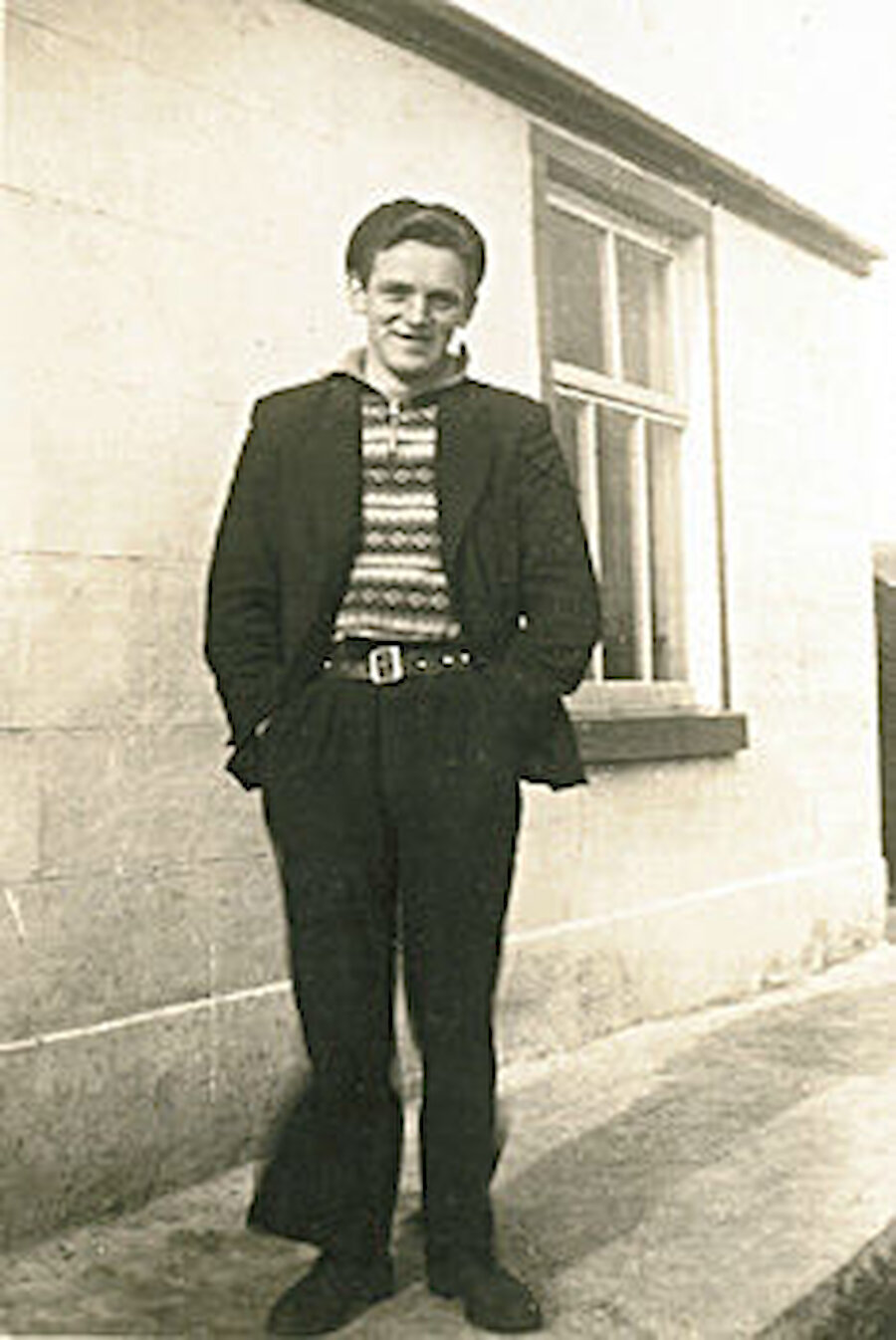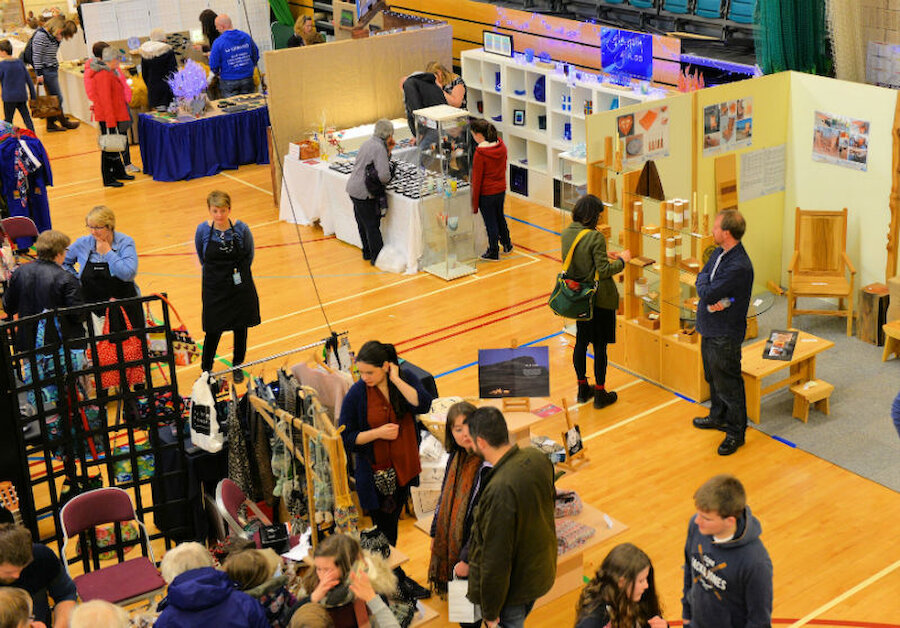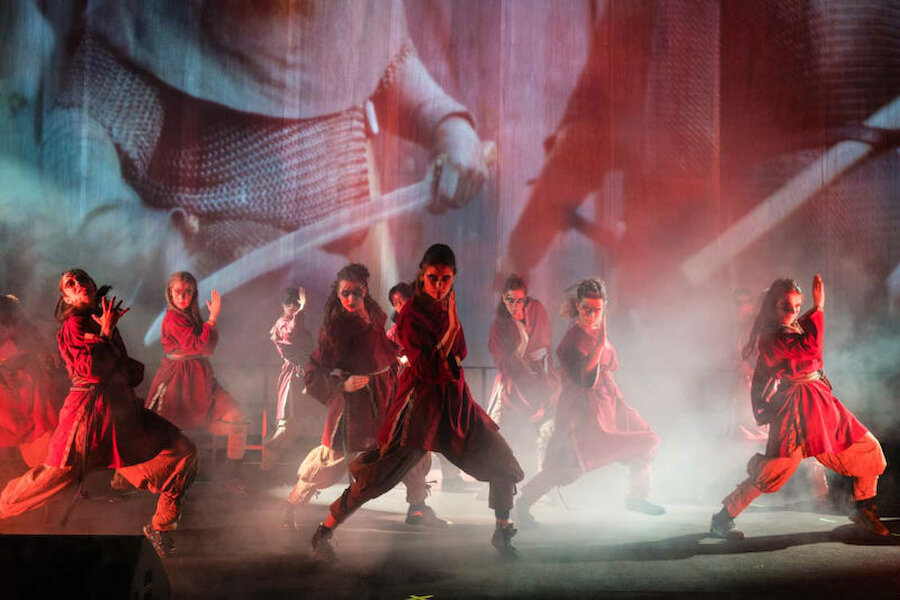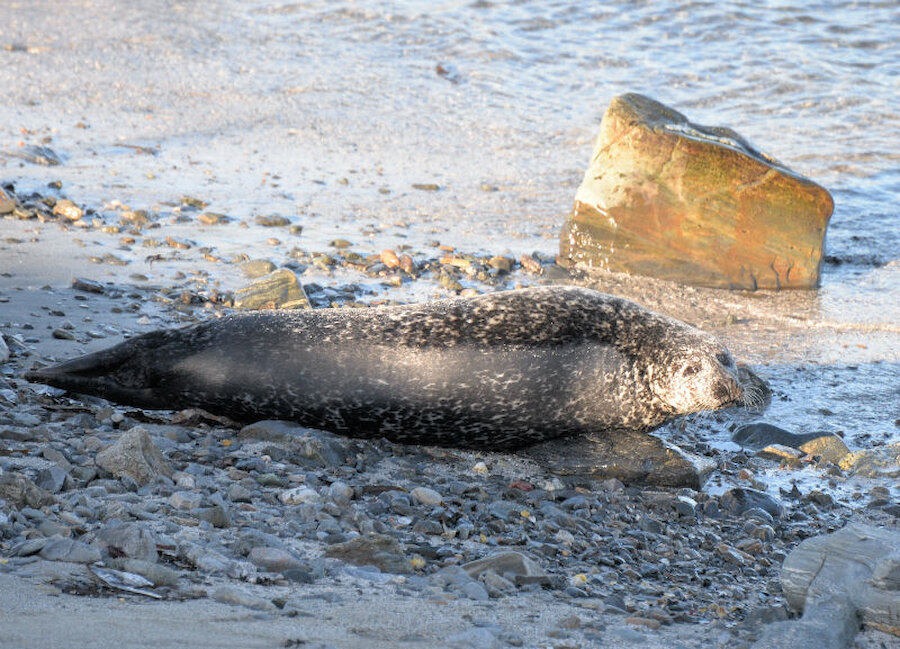Winter may be on the way, but we’re not about to go into hibernation. Far from it: the November diary is as full as ever.
We begin the month with what promises to be a huge treat, particularly for photographers and wildlife enthusiasts, when multi-award winning wildlife cameraman Doug Allan tells us about the most challenging assignments of his 35 years filming wildlife in the remotest places on Earth.
Doug’s career began in the British Antarctic Survey as a Scientist, research diver and photographer. Since 1983, he’s become one of the world’s best known and respected cameramen, specialising in natural history, expeditions and science documentaries. He has worked on The Blue Planet, Planet Earth, Human Planet, Frozen Planet, Ocean Giants, Operation Iceberg, Wild Cameramen at Work, and Brian Cox’s Forces of Nature.
As Sir David Attenborough put it, 'Wildlife cameramen don’t come much more special than Doug Allan’.
